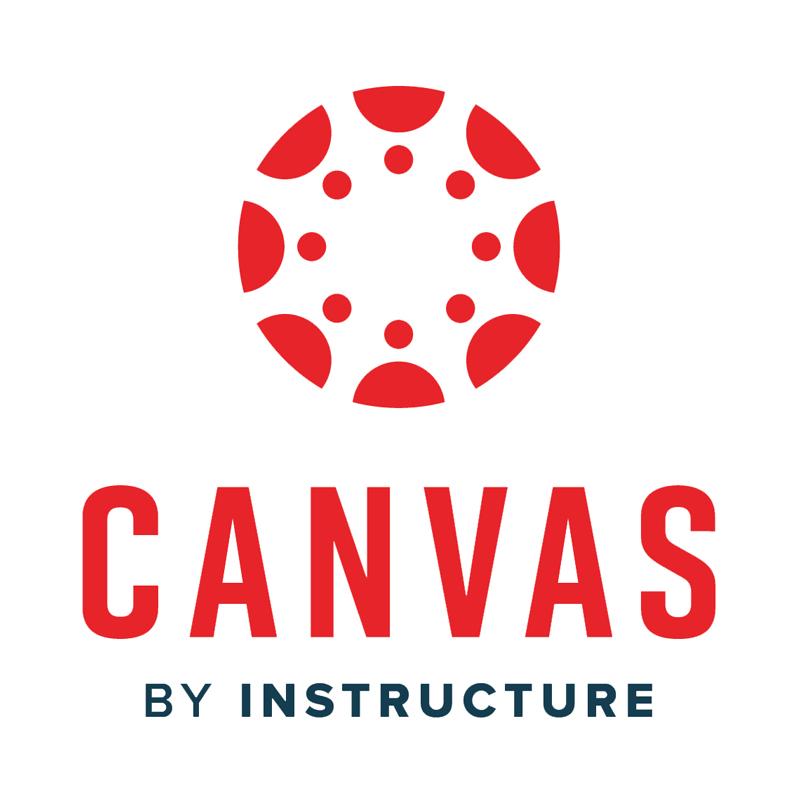
Building a pedagogy-first teaching framework

Like many universities thrown into the chaos of the pandemic, the University of Birmingham responded with a baseline of digital learning standards that provided students with a clear and simple structure to meet the learning objectives of their module or course. The university was already using Canvas as its central virtual learning environment (VLE), but its use was not consistent across university departments.
When lockdowns hit in 2020 and classes shifted online, the need for more consistency accelerated. “We wanted to enable a deeper understanding of the material for students, facilitate personalised learning, and develop multiple pathways, so they could engage at their own pace,” said Mark Hancock, assistant director of digital at the University of Birmingham.
The university’s digital team had already developed thousands of University Canvas Framework (UCF) templates for teaching staff, so they could more easily structure hybrid and online learning. It also created a digital skills checklist for academic staff, so they could make the best use of the tools and templates available.
“Embedding a pedagogical structure was the starting point,” said David Price, head of digital at the Higher Education Futures Institute (HEFI) – a service that sits within the library and resources division at the university to support staff to deliver innovative learning. “There was guidance on customisation built into the templates so less need to extract this information from elsewhere, as well as links to advanced learning materials. This delivered a high-quality and consistent experience for students rather than them having to find things for different modules.”
Templates could be organised on a week-by-week or topic-by-topic basis, meaning staff and students could follow a reassuring structure. Over time, the support required from the digital team lessened because staff were asking fewer queries, Price added.
Following this success, the university is now moving towards UCF 2.0. Automation within Canvas, which means entire course materials can be rolled over, teachers removed or added, and new course materials activated easily. Departments can react to the changing expectations of students and shifting demands around hybrid learning.
“Three years on, we’re considering the types of pedagogy and practice we introduce to our teaching,” said Hancock. “We’ve moved away from the debate about why we use certain tools to them being embedded in practice. Going back to Covid, we were driven by the tech first. Now technology has become part of pedagogy, stimulating different types of learning.”
Find out more about Canvas.

